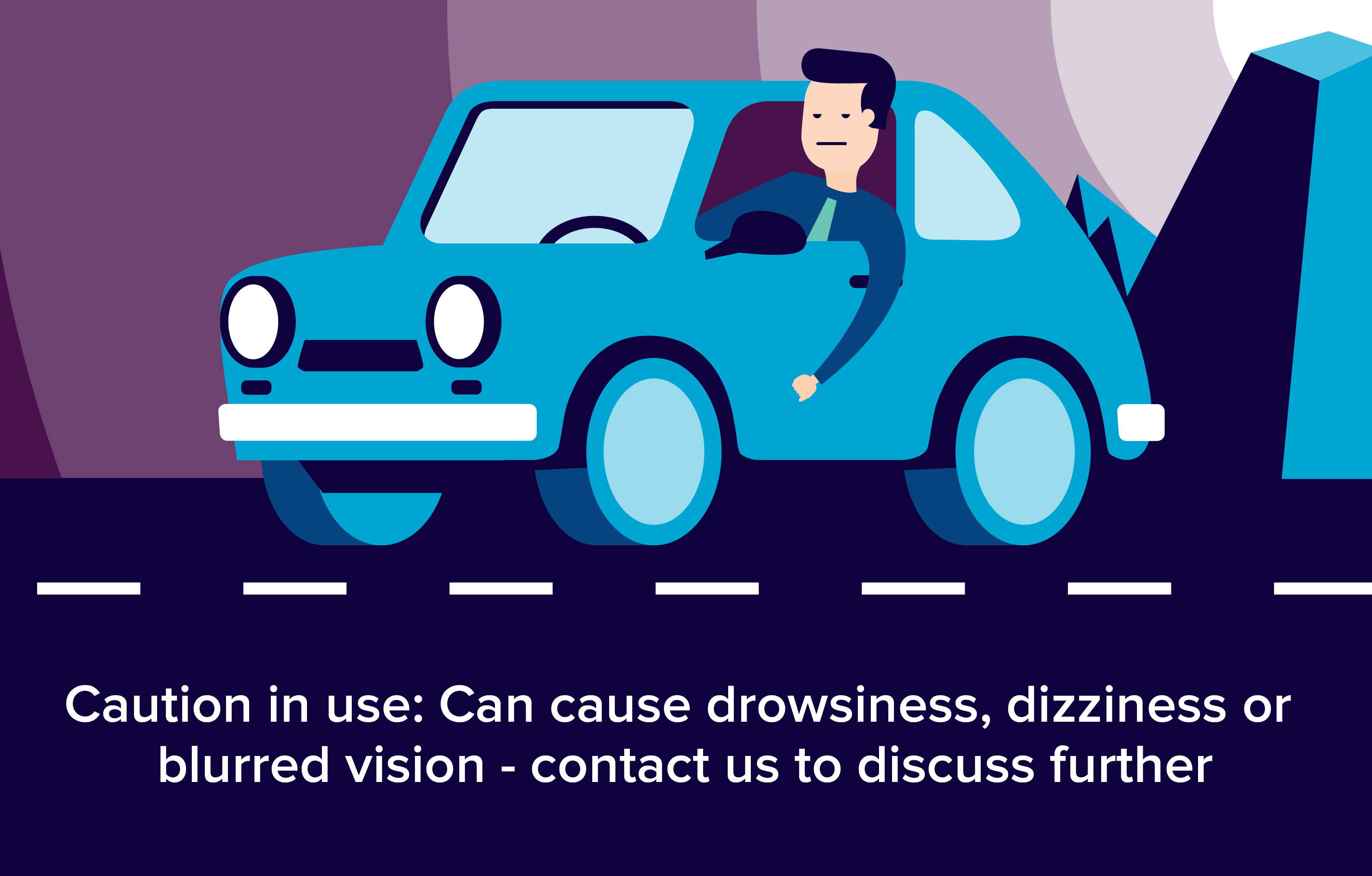Levitra works by preventing the action of a chemical in the body called phosphodiesterase type 5. This helps to relax (widen) blood vessels and improves the flow of blood.

What is Levitra?
- Levitra (vardenafil) is a phosphodiesterase inhibitor. It works by helping to relax muscles and increase blood flow into the penis during sexual stimulation. This helps men to achieve and maintain an erection.
- Levitra is used to treat erectile dysfunction (impotence).
Before taking Levitra
Some medicines are not suitable for people with certain conditions, and sometimes a medicine may only be used if extra care is taken. For these reasons, before you start taking Levitra it is important that your doctor or pharmacist knows:
- If you have any disease, injury or deformity of your penis.
- If you have heart or blood vessel disease.
- If you have a condition which causes bleeding, such as a stomach ulcer.
- If you have had an eye condition causing loss of vision.
- If you have low blood pressure or angina.
- If you have liver or kidney problems.
- If you have had a stroke or a heart attack.
- If you have sickle cell disease.
- If you have ever had bone marrow cancer or leukaemia.
- If you are taking or using any other medicines. This includes any medicines you are taking which are available to buy without a prescription, such as herbal and complementary medicines. It is important that your doctor knows if you are using a medicine prescribed for angina pain, or if you are using a 'nitrite' drug (such as in the recreational drug known as 'poppers').
- If you have ever had an allergic reaction to this or to any other medicine.
How should I take Levitra?
- Take Levitra exactly as prescribed by your doctor. Do not take in larger or smaller amounts or for longer than recommended. Follow the directions on your prescription label.
- Levitra can be taken with or without food.
- Levitra is usually taken only when needed, about 60 minutes before sexual activity. The medication can help achieve an erection when sexual stimulation occurs. An erection will not occur just by taking a pill. Follow your doctor's instructions.
- Do not take Levitra more than once a day. Allow 24 hours to pass between doses. Contact your doctor or seek emergency medical attention if your erection is painful or lasts longer than 4 hours. A prolonged erection (priapism) can damage the penis. Store at room temperature away from moisture and heat.
What should I avoid while taking Levitra?
- Drinking alcohol can increase certain side effects of Levitra.
- Grapefruit and grapefruit juice may interact with Levitra and lead to potentially dangerous effects. Discuss the use of grapefruit products with your doctor.
- Do not use any other drug to treat impotence, such as alprostadil or yohimbine, unless your doctor tells you to.
Levitra side effects
Get emergency medical help if you have any of these signs of an allergic reaction to Levitra: hives; difficulty breathing; swelling of your face, lips, tongue, or throat. During sexual activity, if you become dizzy or nauseated, or have pain, numbness, or tingling in your chest, arms, neck, or jaw, stop and call your doctor right away. You could be having a serious side effect of Levitra.
Stop using Levitra and call your doctor at once if you have any of these serious side effects:
- sudden vision loss;
- ringing in your ears, or sudden hearing loss;
- chest pain or heavy feeling, pain spreading to the arm or shoulder, nausea, sweating, general ill feeling;
- irregular heartbeat;
- swelling in your hands, ankles, or feet;
- shortness of breath;
- vision changes;
- feeling light-headed, fainting;
- penis erection that is painful or lasts 4 hours or longer; or
- seizure (convulsions).
Less serious Levitra side effects may include:
- warmth or redness in your face, neck, or chest;
- runny or stuffy nose;
- headache, dizziness;
- upset stomach; or
- back pain.
This is not a complete list of side effects and others may occur.
What other drugs will affect Levitra?
Do not take Levitra with similar medications such as sildenafil (Viagra) or tadalafil (Cialis).
Before taking Levitra, tell your doctor about all other medications you use for erectile dysfunction, or if you are using any of the following medications:
- conivaptan;
- imatinib;
- isoniazid (for treating tuberculosis);
- an antidepressant such as nefazodone;
- an antibiotic such as clarithromycin, erythromycin, or telithromycin;
- antifungal medications such as itraconazole (Sporanox), ketoconazole (Nizoral), miconazole, or voriconazole;
- drugs to treat high blood pressure or a prostate disorder, such as alfuzosin, doxazosin (Cardura), prazosin, terazosin (Hytrin), tamsulosin;
- heart or blood pressure medication such as diltiazem, nicardipine, or verapamil;
- heart rhythm medicine such as amiodarone, quinidine, procainamide, or sotalol; or
- HIV/AIDS medicine such as atazanavir, delavirdine, fosamprenavir, indinavir, nelfinavir, saquinavir, or ritonavir.
This list is not complete and other drugs may interact with Levitra.
How to store Levitra
- Keep all medicines out of the reach and sight of children.
- Store in a cool, dry place, away from direct heat and light.
If you have any more questions please ask your Pharmacist.
Remember to keep all medicines out of reach of children
Please Note: We have made every effort to ensure that the content of this information sheet is correct at time of publish, but remember that information about drugs may change. This sheet does not list all the uses and side-effects associated with this drug. For full details please see the drug information leaflet which comes with your medicine. Your doctor will assess your medical circumstances and draw your attention to any information or side-effects which may be relevant in your particular case.
References:
http://www.patient.co.uk/medicine/Vardenafil.htm
http://www.levitra.com
http://en.wikipedia.org/wiki/Vardenafil
http://www.rxlist.com/levitra-drug.htm
http://www.drugs.com/levitra.html
http://www.webmd.com/erectile-dysfunction/guide/cialis-levitra-staxyn-viagra-treat-ed
http://www.levitrafaq.com

